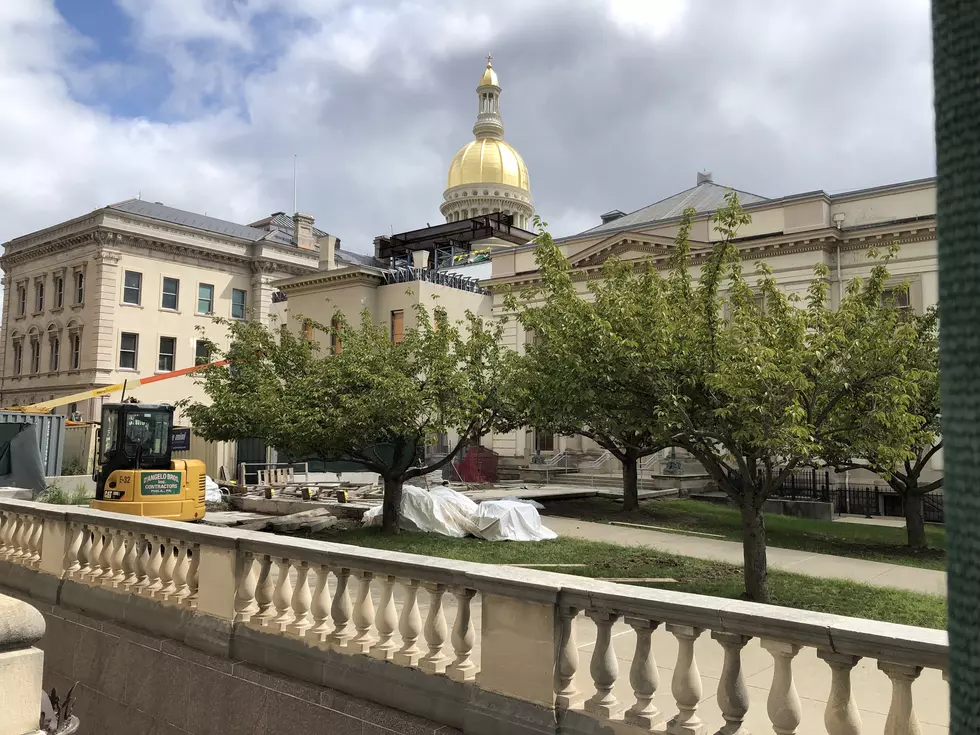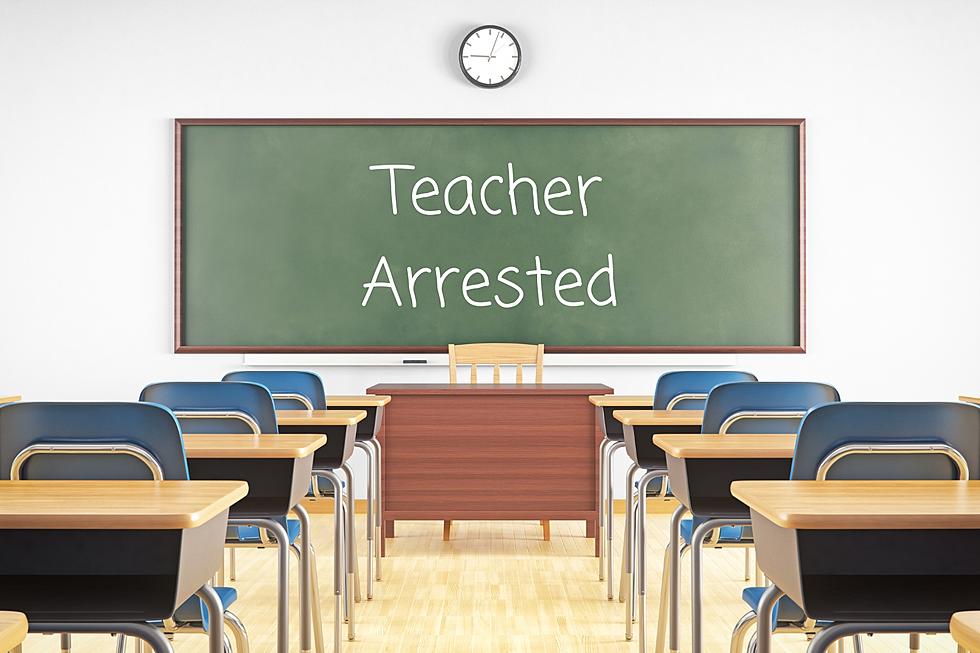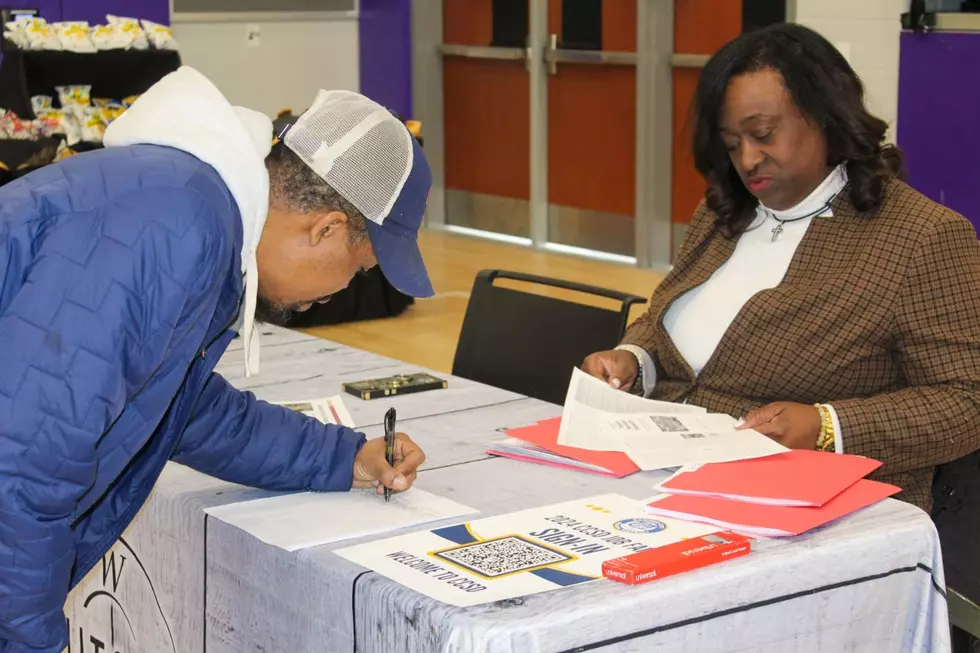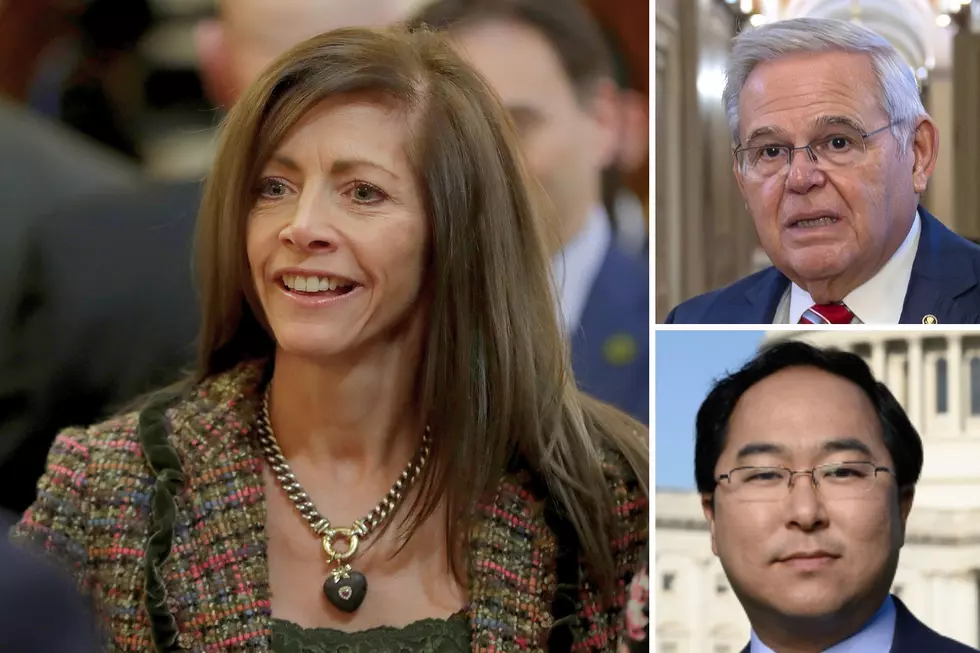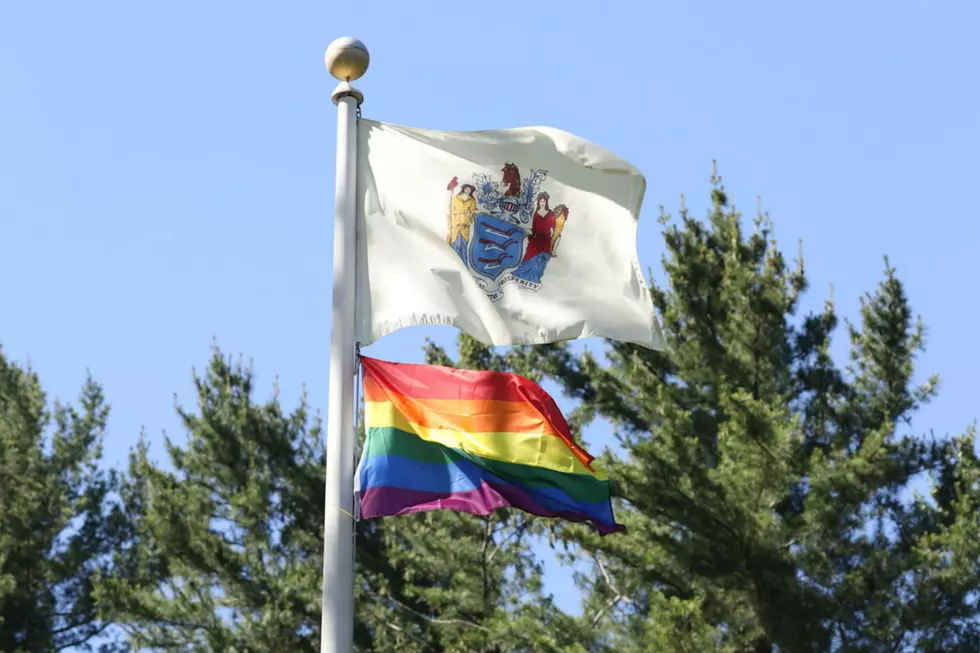
How is NJ’s LGBTQ Inclusive Curriculum Being Applied in Schools?
Gov. Phil Murphy last winter signed into law a measure requiring boards of education to include instruction and materials that "accurately portray political, economic, and social contributions of persons with disabilities and lesbian, gay, bisexual, and transgender people."
The law has been rolled out to start as a pilot program within a dozen public schools in New Jersey.
It will apply more fully to the 2020-2021 school year for middle and high school students in public districts.
New Jersey's LGBTQ-inclusive curriculum has been shaped with input from statewide advocacy and education organizations including Garden State Equality.
Garden State Equality Director of Communications and Membership Jon Oliveira said a common misconception is that the law requires stand-alone classes or separate courses.
Instead, the "curriculum means that students will be learning about contributions of LGBTQ people throughout history. We’re not going to be talking about people’s private lives," Oliveira said.
So, a high school literature class could read the memoir, "Boy, Erased," written by an author who was forced to undergo conversion therapy as a young gay man. The 2016 memoir by Garrard Conley was adapted into a 2018 film.
Another potential inclusive history lesson would be high school students discussing how during the Holocaust, in addition to more than 6 million Jewish victims, gay men were among more victims murdered by the Nazis, as recounted by the United States Holocaust Memorial Museum.
Or, during social studies, lessons might include mention of Bayard Rustin, a gay civil rights leader who was a close advisor to Martin Luther King Jr. and organized the March on Washington.
In middle school language arts, inclusive lessons might involve how vocabulary is gendered, and evolving use of pronouns.
“American history is richly diverse and LGBTQ youth deserve to see themselves reflected in the classroom, and how they can be part of history one day, too,” Oliveira said.
Another organization advising on the sample curriculum, GLSEN (which stands for Gay, Lesbian & Straight Education Network) says research shows that "LGBTQ students who attend schools with curriculum that is inclusive of LGBTQ people, history, and events experience a better school climate and improved academic outcomes."
GLSEN Central New Jersey, a chapter of GLSEN, previously noted existing law already requires social sciences instruction about "men and women, African Americans, Italian Americans, American Indians, Arab Americans and other ethnic groups central to the economic, political, and social development of New Jersey and the United States, with emphasis on materials that celebrate the cultures of these groups while combating negative and harmful stereotypes."
New Jersey's LGBTQ-inclusive curriculum was modeled after the 2012 California “Fair, Accurate, Inclusive and Respectful Education Act,” according to a press release from the NJ Senate Majority Office.

More From WPG Talk Radio 95.5 FM
